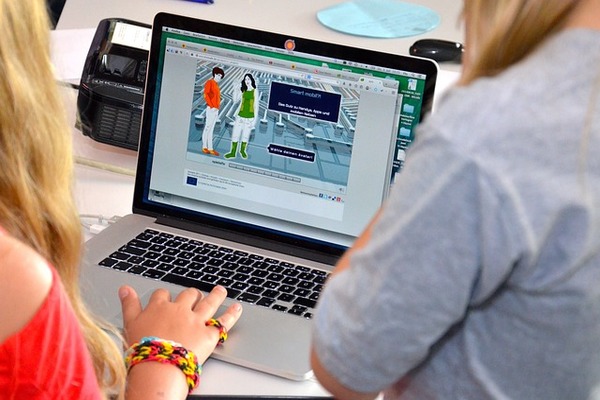Understanding media literacy and disinformation

Battling disinformation
Disinformation, fake news, misinformation… there are many terms for the faux headlines and stories we are presented with on the Internet, but do they each mean something different?
UNESCO have put together a handy module on these terms and what they each mean in their “Thinking about ‘information disorder’: formats of misinformation, disinformation, and mal-information” guide, giving the reader a crash course in the true meaning of disinformation as we know it today. Then, test your knowledge on the topic with this spot the difference quiz.
The European Commission have released their own toolkit specifically targeted at secondary school teachers called “Spot and fight disinformation”, featuring real-life examples and group exercises to do with your class.
RAND Europe, the public policy research organisation, as part of their Countering Truth Decay Initiative, have identified some “online tools to help consumers, researchers, and journalists navigate today's challenging information environment.” With seven categories, the project highlights initiative tools such as “Bad News”, an interactive game that exposes the audience to fake news tactics by having the player publish attention-grabbing, fake news headlines.
The aim of the game is to have the player think critically about what is published and for what purpose. Other useful tools such as “Who targets me?” allow the user to create an online profile and collect information about advertisements they see, to gain a better understanding of why they are targeted with certain ads. For more see RAND´s full Fighting Disinformation list.
Media literacy resources – Books, groups and webinars
Both School Education Gateway and eTwinning have a host of resources available on media literacy and disinformation in the school environment. eTwinning have provided a book entitled “Teaching media literacy and fighting disinformation with eTwinning” aiming to inspire teachers and students to explore the different aspects of this topic.
Furthermore, their “comparing news and media contents kit” allows students across eTwinning partner countries to collaborate and examine news headlines and news contents in different sectors and media, comparing the results in mixed groups and discussing the possible differences. eTwinning´s Media Literacy and Disinformation Group also takes a collaborative approach, offering webinars, campaigns and material on media literacy. To access this information and get involved, join the eTwinning group!
School Education Gateway have covered various elements of Media Literacy over the years, with some article highlights including "Delivering on digital literacy: a way forward for teachers and educators" and an expert article from Sirkku Kotilainen, PhD, professor and Mari Pienimäki, PhD, postdoctoral researcher from the University of Tampere, Finland on “Transcultural perspectives needed in media education”.
In 2021, School Education Gateway hosted a webinar on “New online reading skills: how schools can tackle information disorder” with Education outreach expert at EUIPO, European Union Intellectual Property Office Kari Kivinen. The webinar presented the latest research as well as providing workshop ideas and practical examples of new reading-skills curriculum projects to help students think more critically and identify reliable sources of information more easily.
Last July, European Commissioner for Innovation, Research, Culture, Education and Youth Mariya Gabriel, on a visit to the House of European History during its exhibition Fake For Real, A History of Forgery and Falsification, spoke on the importance of education in tackling disinformation and the collaborative involvement of students, educators and stakeholders alike, and announced a new expert group to help tackle the issue.
School Education Gateway are dedicating the month of December 2021 to media literacy. You can search for all related articles and resources through the relevant tag.
